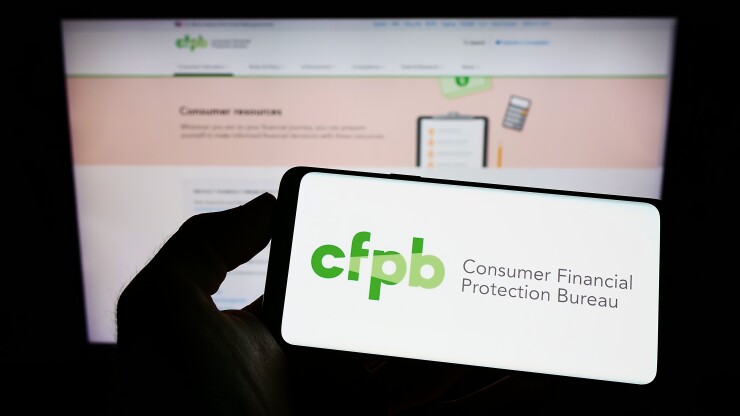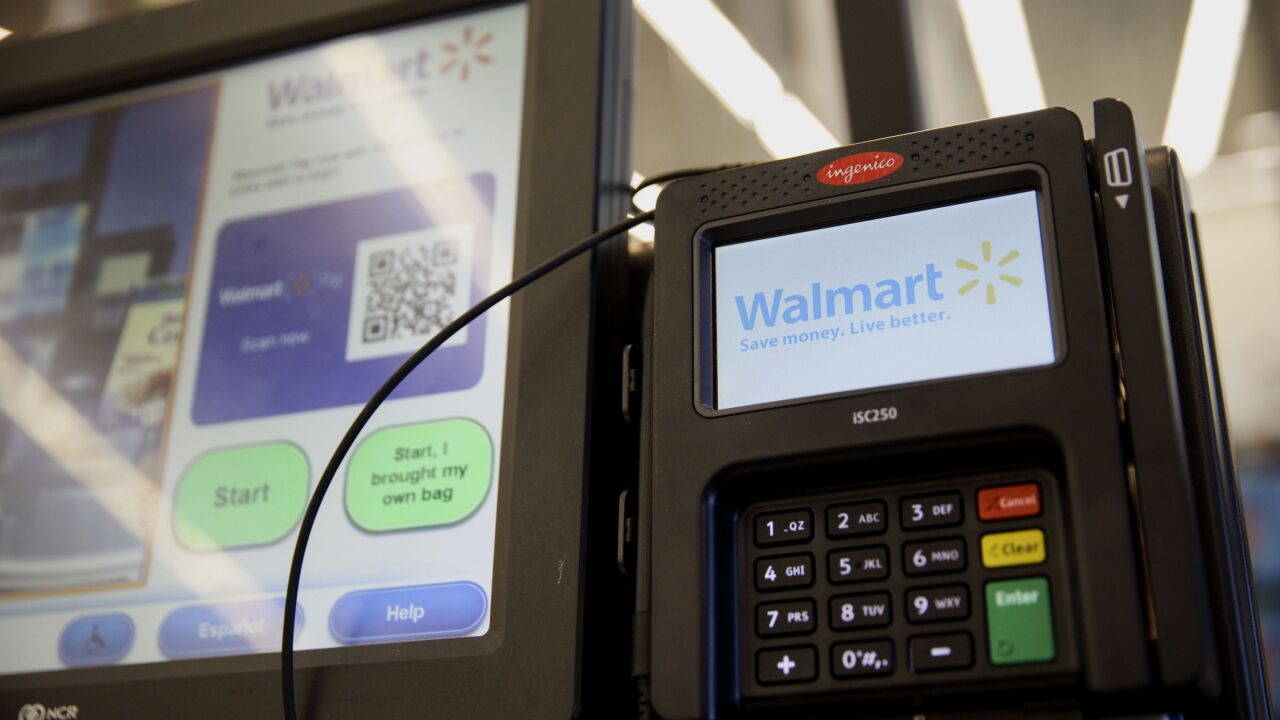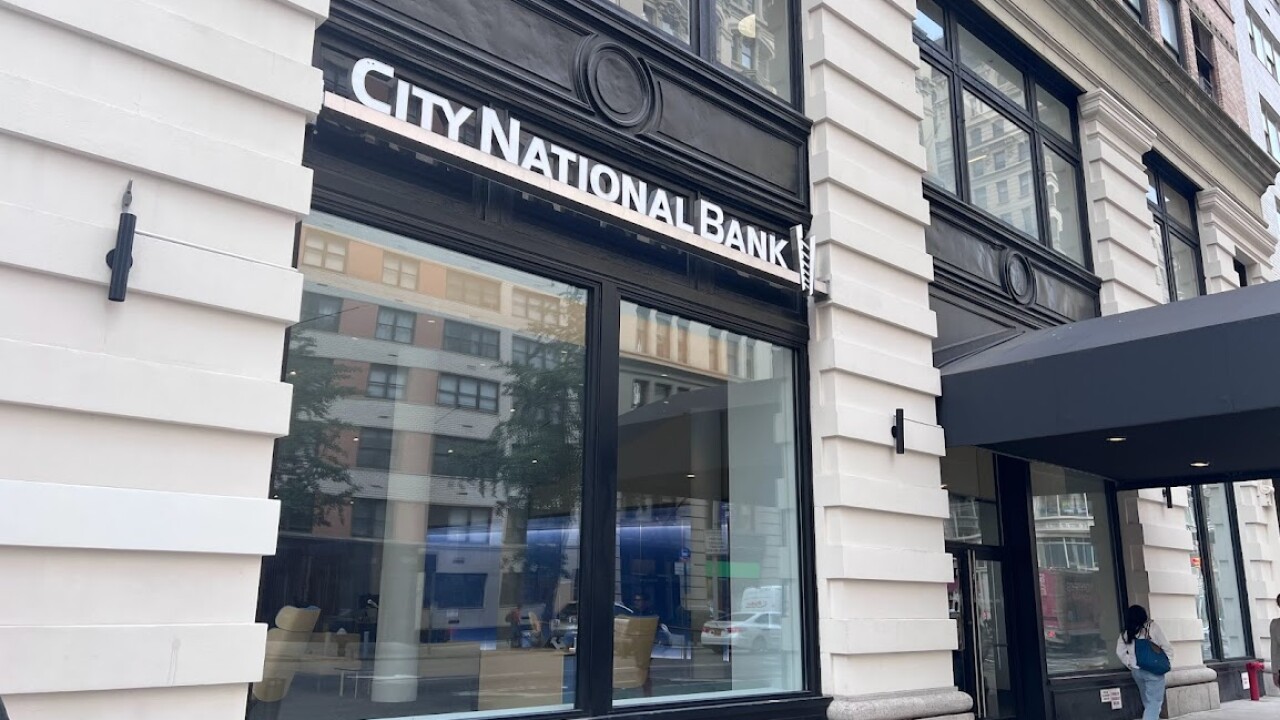
Elections have consequences. When a new administration arrives in Washington, it sets the policy agenda and places political appointees at federal agencies to execute it. In addition, those agencies have responsibilities and core functions they must continue to carry out by law. For the
As someone who led the bureau as part of a 20-plus-year career in government, I believe public service is a public trust. At a time when trust is at a premium, this may seem naïve. Yet, that is precisely why I believe transparency and integrity are paramount today. And that is why I find the CFPB's misleading use of data to create an inaccurate picture of the credit card market so concerning.
Let's start with the
Digging even deeper, one finds other misleading tactics from the agency. Most egregious was the CFPB's decision to include credit unions in the survey when it compared the pricing between larger and smaller institutions. Credit unions, as the banks I represent would be more than happy to tell you, are exempt from federal taxes, were created to serve a defined membership of consumers and face less stringent regulatory requirements than banks. More importantly for this analysis, their interest rates are capped by law. Take them out of the equation and the pricing gap between large banks and small banks shrinks dramatically as other
Further, the CFPB — like nearly all agencies — must conduct a cost-benefit analysis to support rulemaking and include the data it relied upon for its decision. Instead of providing credit card issuer costs in its late fee rulemaking, the CFPB did a rush job, relying on credit card cost data the Fed collects for purposes of stress-testing institutions, so-called "Y-14 data."
The industry knows that this data is not fit for this purpose — for one, it only reflects costs associated with "problem credits" (i.e., accounts 30 days or more past due). This fails to capture the significant cost to banks of managing accounts that are late, but not 30 days late.
A federal judge has granted a preliminary injunction against the Consumer Financial Protection Bureau's credit card late fee rule, pausing it from being implemented days before it was meant to go live.
The CFPB knows all of this and chose not to address these shortcomings because the information would not advance its agenda. Instead, just in time for President Biden's State of the Union address in March, the CFPB issued a misguided rule instituting a confusing two-tier system for credit card late fees that is currently being challenged in court.
It doesn't have to be this way.
Through different administrations, the CFPB's markets and research teams have published balanced and well-regarded studies of consumer financial services markets, including a biennial credit card markets study mandated under the landmark credit card reform law passed in 2009. This report is widely read and highly valued by the industry, consumer groups, think tanks and academics alike.
The last credit card markets study, however, included a press release with a slew of "findings" unsupported and even contradicted by the study itself. In its February "report," the bureau went even further — distorting a healthy market to lay the groundwork for an ill-supported late fee rulemaking that will raise costs for the millions of credit card customers who pay on time and reduce access to those most in need of credit products.
The CFPB's primary job is to stand with consumers and help educate them about the financial choices they face. Manipulating data and misleading the public in pursuit of a policy preference is contrary to that mission. Instead, the agency should play it straight and recommit to only sharing relevant and accurate information. Anything less does a disservice to consumers and only bolsters those who question why the CFPB exists at all.
I know the bureau can do better. In fact, it must do better to carry out its core duty.






